Frederica Freyberg:
In other health news, a report released this week puts a price tag on the cost of heavy drinking in Wisconsin. The organization Health First Wisconsin estimates excessive alcohol use costs $6.8 billion a year in Wisconsin, and 1500 deaths. The costs break down this way; $2.9 billion in lost productivity, $1.9 billion due to premature death, $749 million in health care costs, $649 million in the criminal justice system, and $418 million in costs due to traffic crashes. Maureen Busalacchi is executive director of Health First Wisconsin and joins us now. Thanks for doing so.
Maureen Busalacchi:
Thanks for having us.Frederica Freyberg:
Why did your organization put the costs like this, in these dollar figures?
Maureen Busalacchi:
I think, you know, we wanted to know what does it cost our system. Because you just sort of understand that there’s got to be costs to trauma with the hospitalizations, the criminal justice system, health care costs, employers certainly pay a price for this, and families that have problem drinkers or binge drinkers.
Frederica Freyberg:
Is this new approach to try to get people’s full attention on this issue?
Maureen Busalacchi:
Well, I think it does change the conversation, because it’s not just, you know, let’s party. There’s a cost to how we have handled our alcohol environments in Wisconsin. And I think to really understand what we need to do to solve some of those, we also have to understand the extent of the problem.
Frederica Freyberg:
How does Wisconsin rank in terms of its drinking?
Maureen Busalacchi:
Unfortunately, we’re number one in almost every category. So binge drinking, we’re off the charts. And in terms of the excessive use, the amount of binge drinking, the intensity of our binge drinking, meaning that 23% of the adult population drinks nine drinks in a sitting, on average, four to five times a month.
Frederica Freyberg:
So the definition of binge drinking is?
Maureen Busalacchi:
Four drinks or more for a woman in one sitting, and five drinks or more for a man.
Frederica Freyberg:
And you were describing to me, too, before we went on that there’s a difference between alcoholics and binge drinking, and that that’s kind of important in this discussion. What is this difference and how is that important?
Maureen Busalacchi:
Well, I think it’s important because a lot of the cost really comes from binge drinking. Certainly costs from chronic alcohol use, and definitely in the health care system. But two-thirds of traffic crashes and fatalities on our roads are caused by those who have no previous OWI.
Frederica Freyberg:
And so how do you get at that, this apparent culture here in our state?
Maureen Busalacchi:
Well, there’s kind of the good news and the bad news. The good news is we don’t necessarily need a complete change in our treatment, because there’s a small population that needs treatment. And we certainly need to increase that. However, the great majority of these costs are coming from binge drinking, which can be changed. And we right now have a culture that really supports the binge drinking. And things can change. Density, I mean how many bars, restaurants and alcohol outlets are there in our community and do we really need that many? It makes alcohol very accessible, very cheap, very available. And I think as we look at changing some of those factors, we can reduce how much binge drinking is going on in our state.
Frederica Freyberg:
What kind of reaction have you gotten from policymakers from this report?
Maureen Busalacchi:
Well, I think a lot of them are shocked at the numbers, and I have to say I had the same reaction. I was really quite surprised. But when you look at it and you really break down the costs, you understand that this does make sense and there’s, you know, there’s truth in this. So policymakers have been I think trying to wrap their heads around it and sort of think about what can we do to help solve this problem.
Frederica Freyberg:
Is there one thing that people are thinking we can do?
Maureen Busalacchi:
Well, I know that Senator Darling and Representative Jim Ott have introduced a number of pieces of legislation to deal with penalties related to drunk driving. And that’s certainly part of the answer, but I don’t think that’s the whole answer. I think we need a lot more prevention and education going on. And we need to make some changes in our environment at both the state, county and local level.
Frederica Freyberg:
Maureen Busalacchi from Health First Wisconsin, thanks very much.
Maureen Busalacchi:
Thank you.
Search Episodes

Donate to sign up. Activate and sign in to Passport. It's that easy to help PBS Wisconsin serve your community through media that educates, inspires, and entertains.
Make your membership gift today
Only for new users: Activate Passport using your code or email address
Already a member?
Look up my account
Need some help? Go to FAQ or visit PBS Passport Help
Need help accessing PBS Wisconsin anywhere?

Online Access | Platform & Device Access | Cable or Satellite Access | Over-The-Air Access
Visit Access Guide
Need help accessing PBS Wisconsin anywhere?

Visit Our
Live TV Access Guide
Online AccessPlatform & Device Access
Cable or Satellite Access
Over-The-Air Access
Visit Access Guide
 Passport
Passport


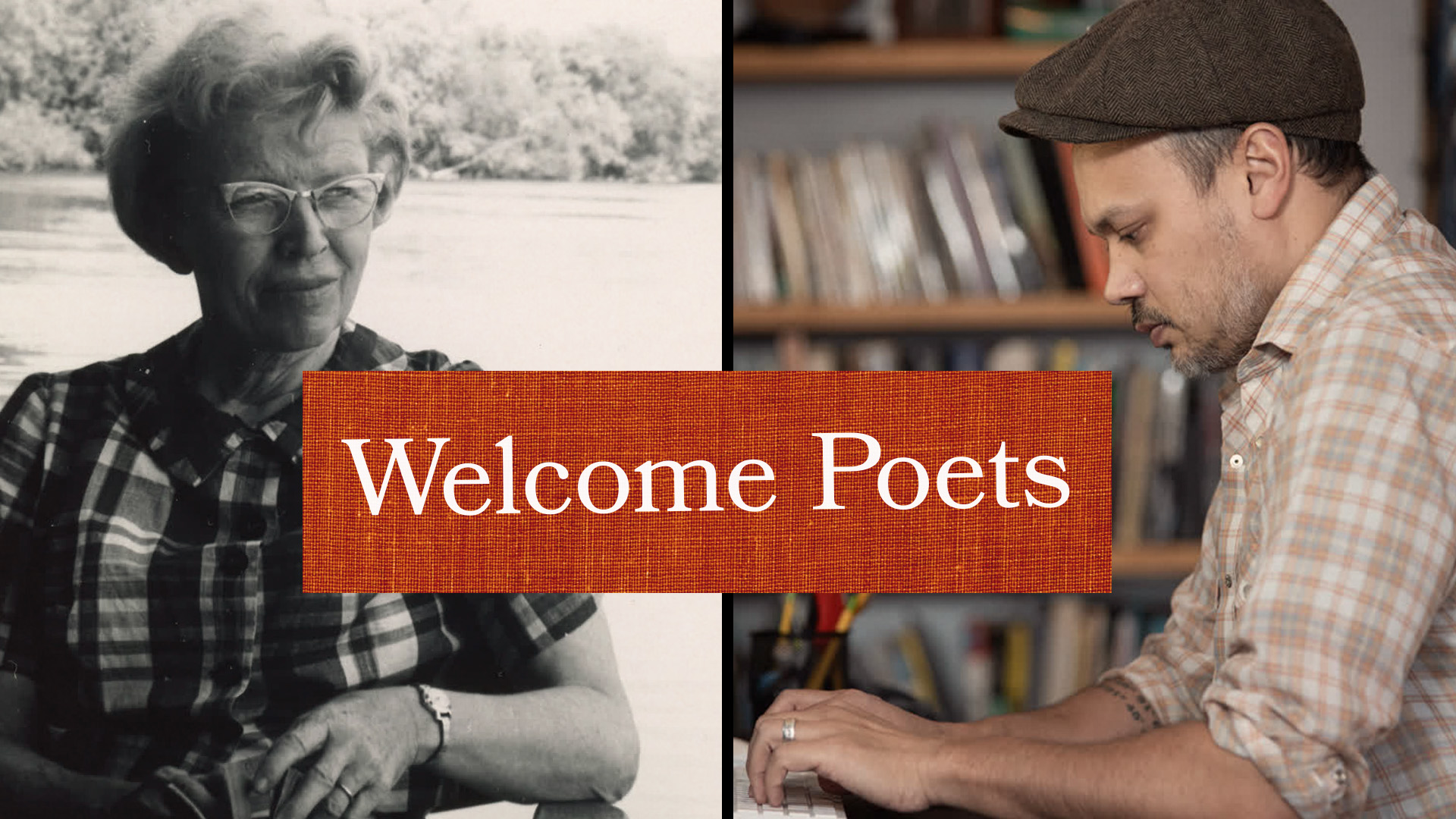
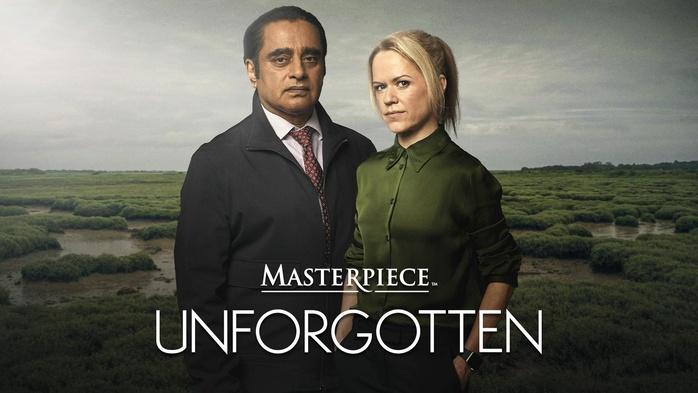


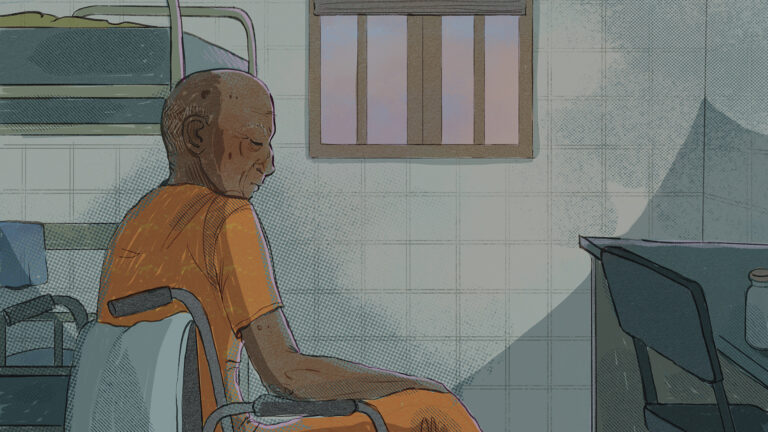
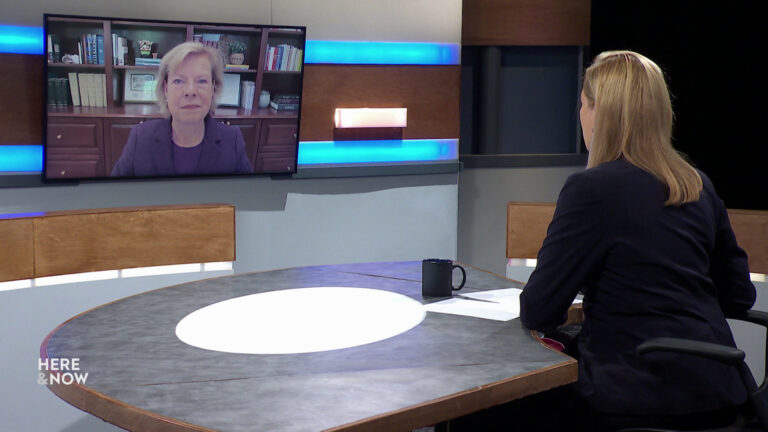
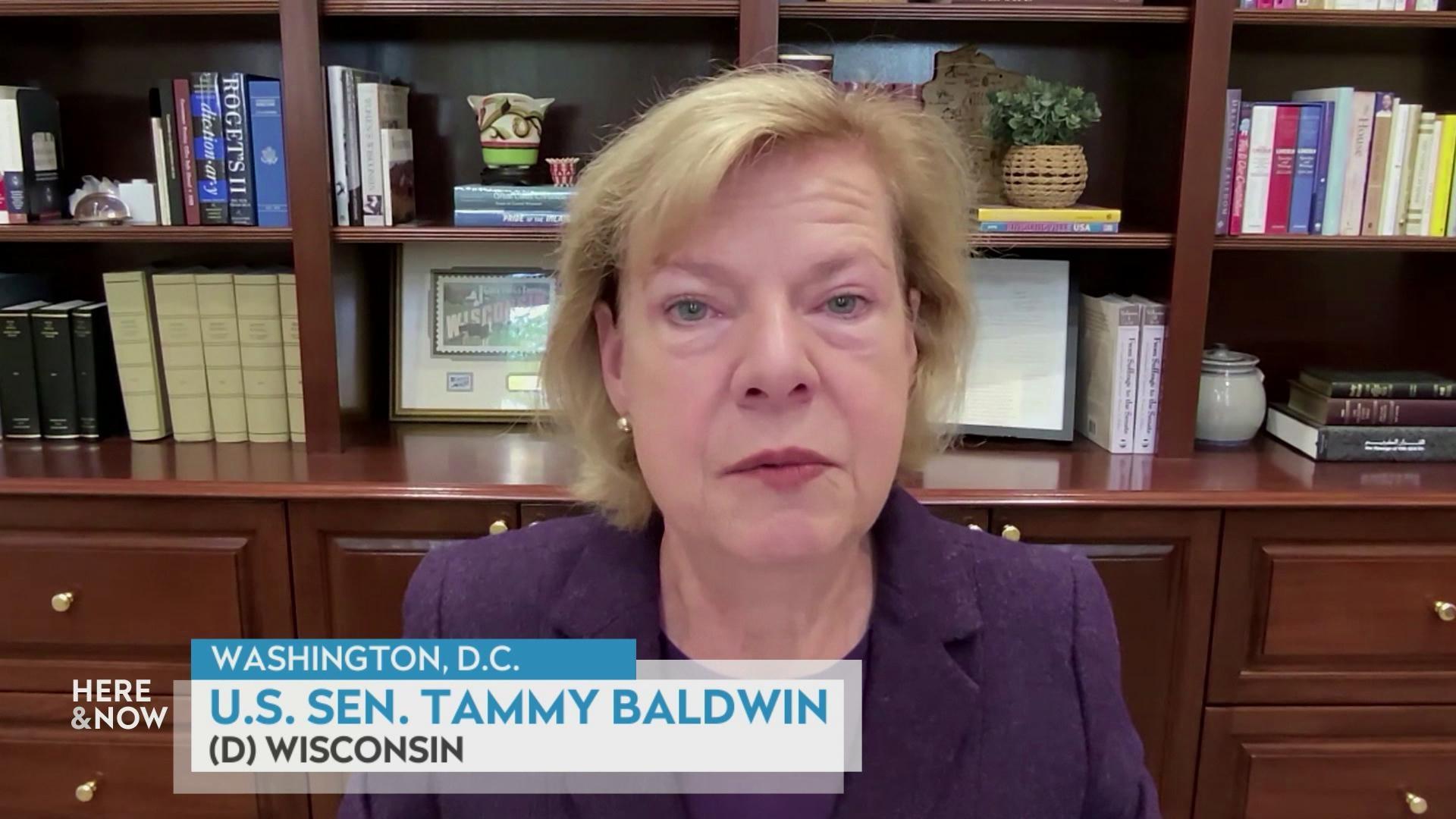
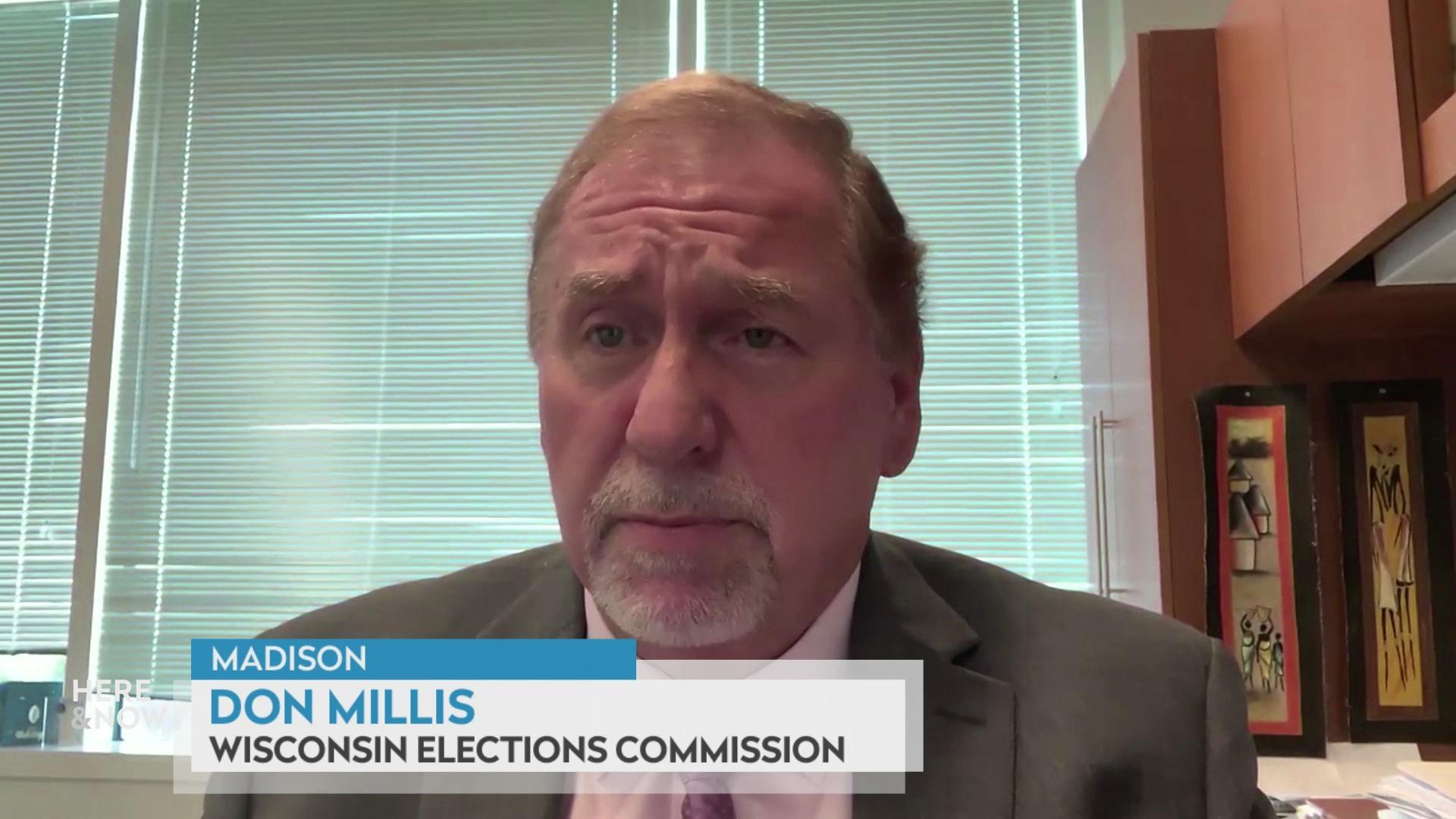
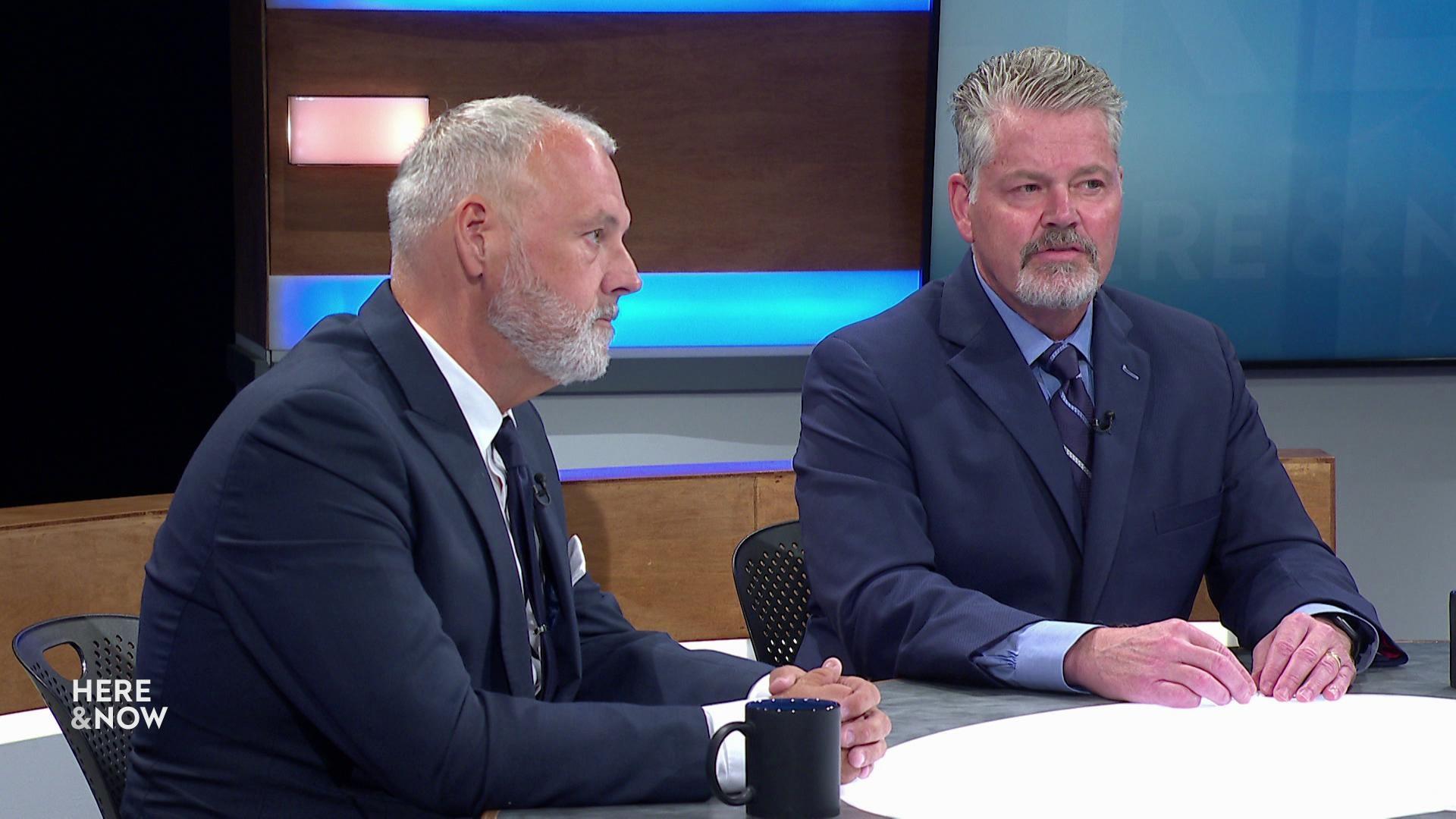
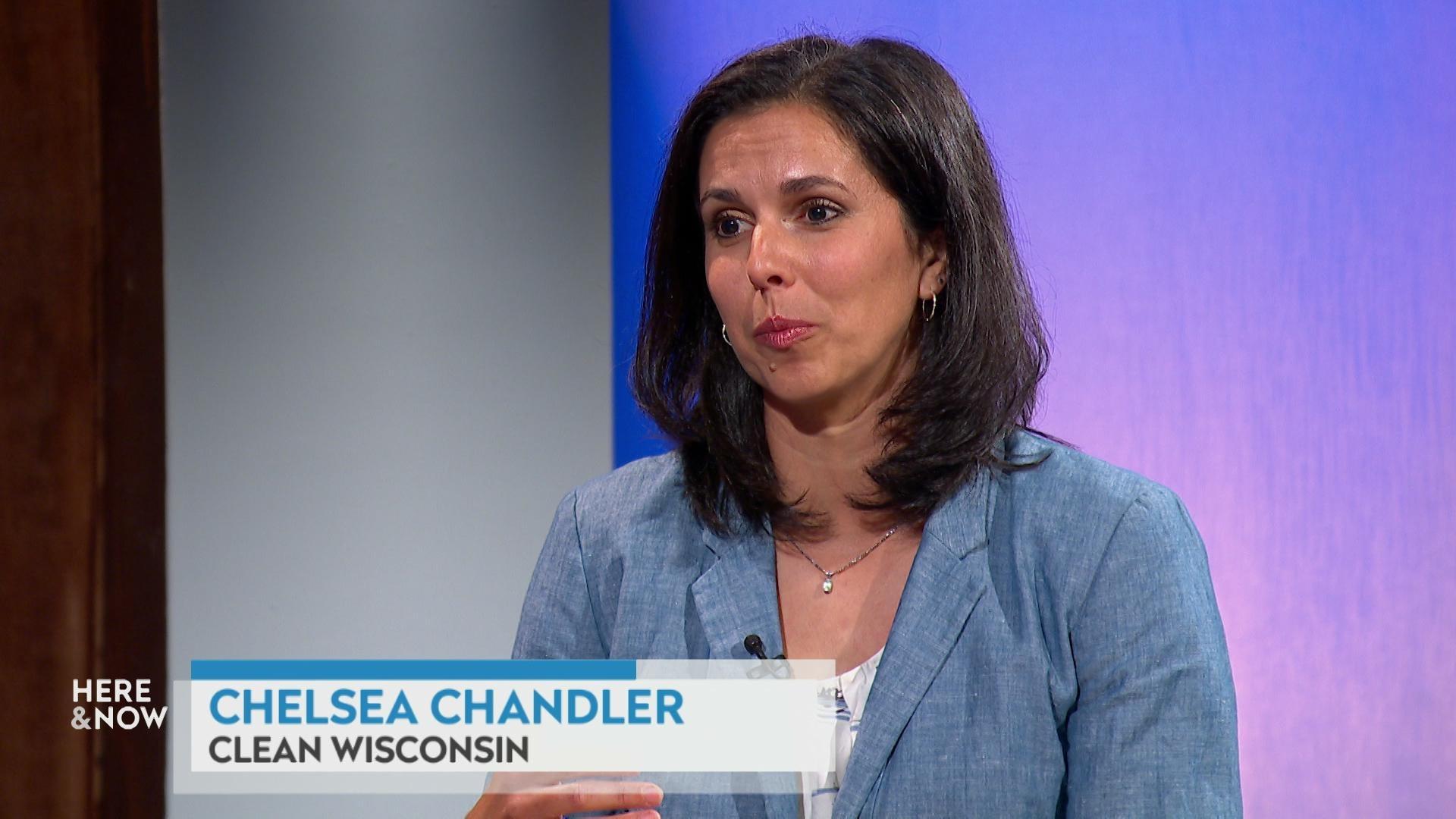

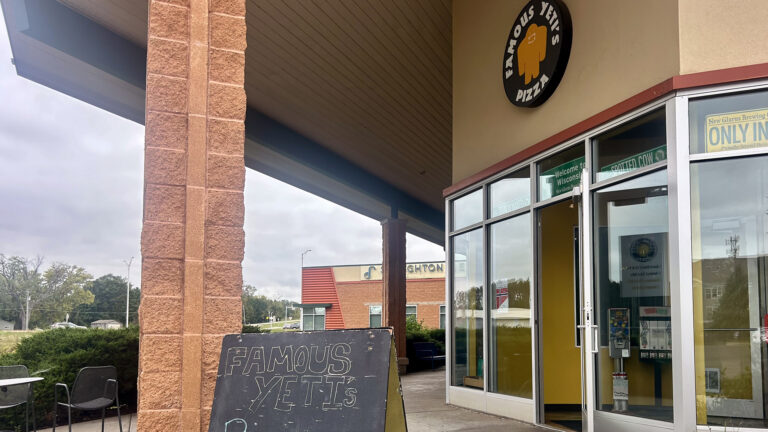




Follow Us